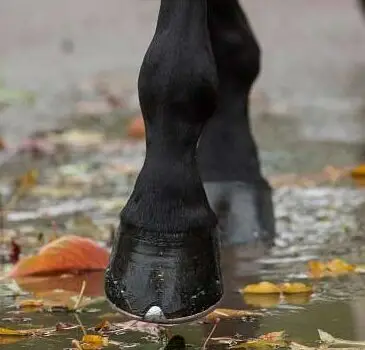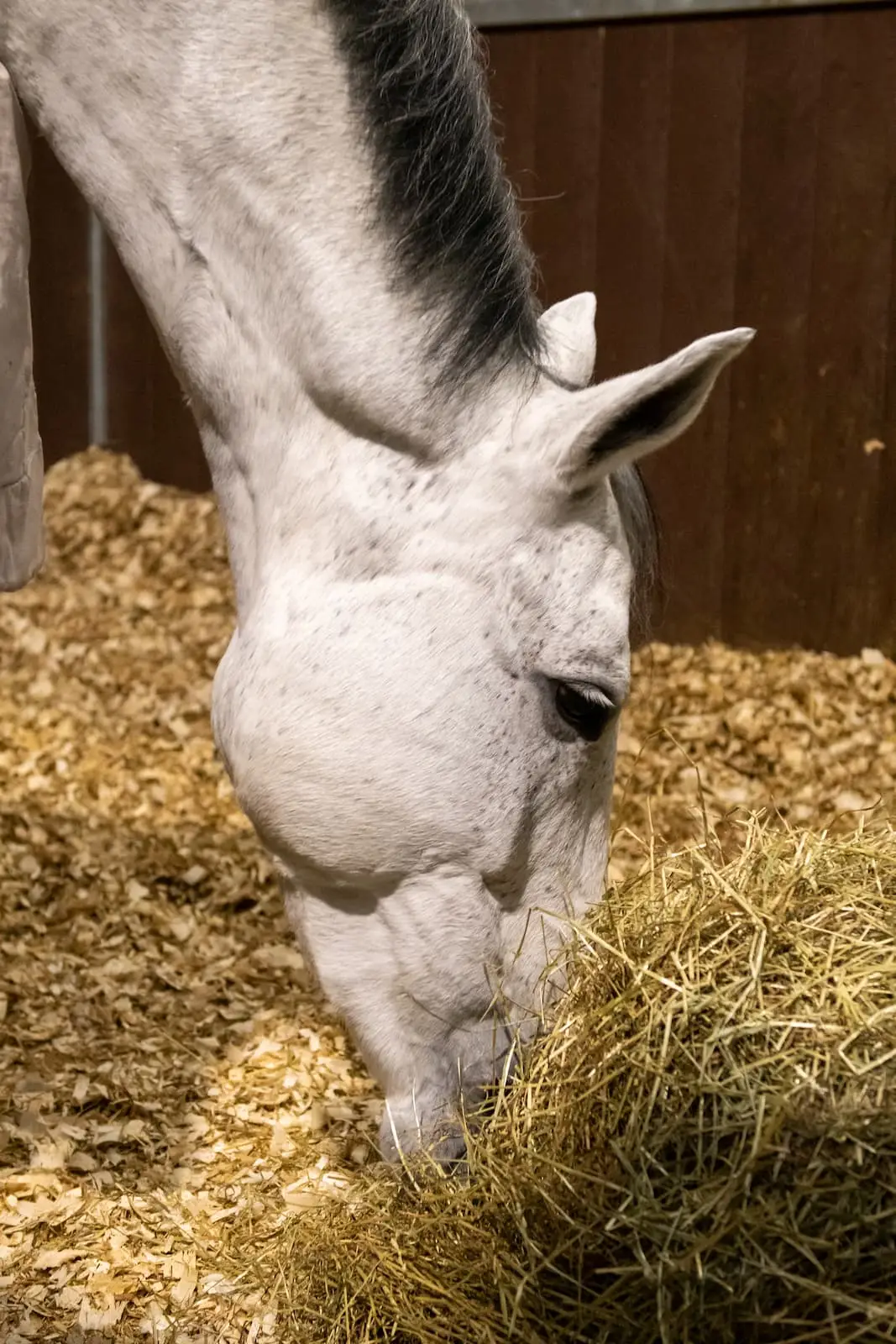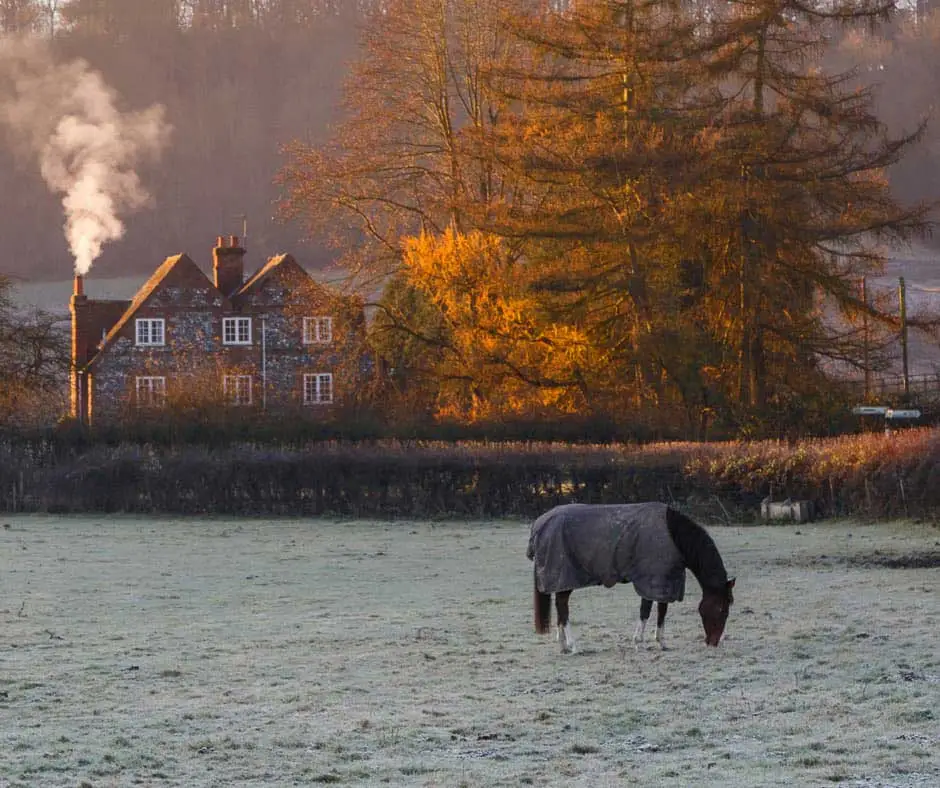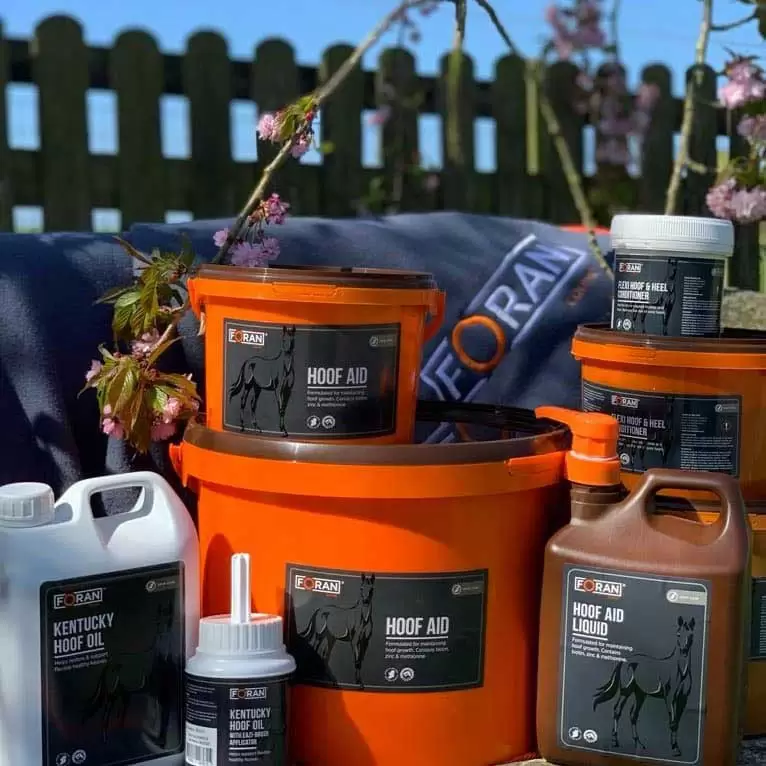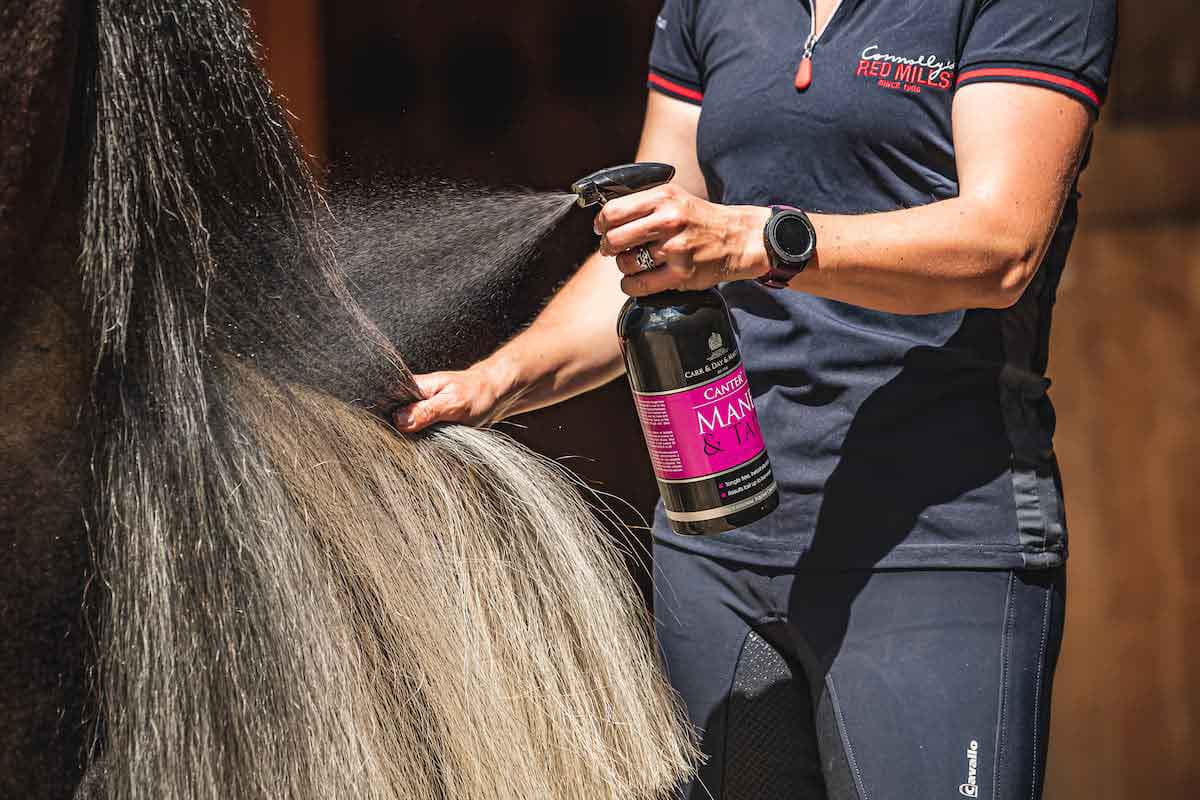Winter is setting in and the nights are getting longer. For many horses, this will mean a change in their routine, with many being stabled for longer periods and turnout, if allowed, being restricted. With these changes, alongside the challenges presented by weather, it is important to ensure that your horse receives the nutritional support they need to ensure they look and feel their best over the winter months.
Feeding Horses in Winter
The longer nights, plummeting temperatures and wet conditions mean that caring for our horses is more challenging and takes a little extra effort. So now is an excellent time to re-evaluate your horse’s diet and management to ensure they remain healthy and in optimal condition over the upcoming months.
Find out more about feeding in Winter here.
Find out more about feeding a mash here.
Find out more about Body Condition Scoring here.


Managing 'Good-Doers' in Winter
Horses will naturally gain weight in the spring and summer due to the increased growth and quality of grazing. As a result many horses, particularly native types, can enter winter with significant fat reserves. During the colder winter months, they then use this excess fat as an energy store, which can be drawn upon to help them cope with the harsher weather and poorer quality grazing. This will mean that they naturally lose a little weight over the colder months, allowing them to safely regain some weight the following spring.
Learn more about Feeding ‘Good-Doers’ in Winter
Learn more about Using Winter as a Tool for Weight-Loss
Managing 'Poor-Doers' in Winter
At the other end of the scale, horses that tend to lose weight over the winter can be equally challenging to feed. It is important to assess the cause of the unwanted weight loss. The most common reason for weight loss is simply that the calories being fed are not meeting your horse’s daily requirements. Several options can be considered to address a lack of calories in the diet. Learn more:
Learn more about Feeding to Add Calories without Fizz
Learn more about Building Muscle and Topline
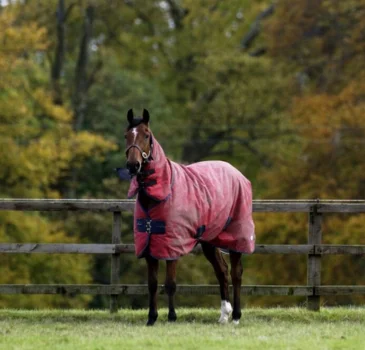

Avoiding Winter Colic
Colic is a problem every horse owner dreads. As the nights draw in and temperatures drop changes to your horse’s environment, management and diet can increase the risk of gastrointestinal problems including impaction colic.
There are many reasons why horses are more likely to colic during the cold, dark winter months, but thankfully there are a number of things you can do to reduce the risk of such problems.
Find out more here.
Frosty Grass and Laminitis
During the day in warm, sunny weather grass makes sugars by a process known as photosynthesis and then utilises these sugars in order to grow. However, environmental conditions associated with winter months such as bright sunny winter days, coupled with low overnight temperatures and early morning frosts, means that sugar levels is the grass can be exceptionally high at this time of year. This is because, provided there is enough sunlight, the grass will continue to photosynthesis and produce sugar, but as it is not warm enough for the grass to grow the sugar does not get used up and therefore accumulates in the grass.
Find out more here.


Feeding for Reduced Workload
The evenings are getting shorter and for many horses, their workload will reduce. Depending on your individual circumstances, it may mean that you simply need to adjust the amount of hard feed your horse receives, on the other hand some horses may require a lower energy ration.
Find out more here.
Winter Hoof Health
Over the colder winter months, looking after your horse’s hooves is particularly important, as they have to deal with adverse condition such as wet, muddy fields and hard frozen or snow covered ground. Whilst some horses’ hooves cope, others can develop problems such as foot abscesses, white line disease, thrush or cracks. Often this damage may be undetectable until it is too late, so prevention is key!
Find out more here.
